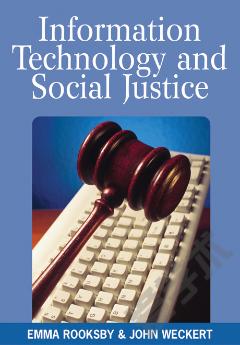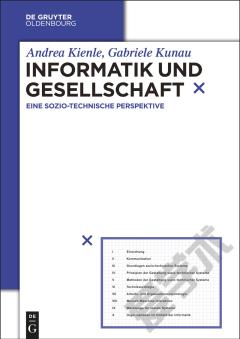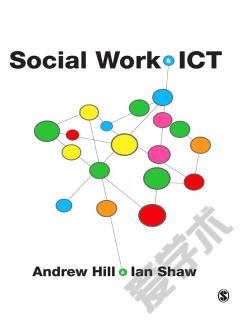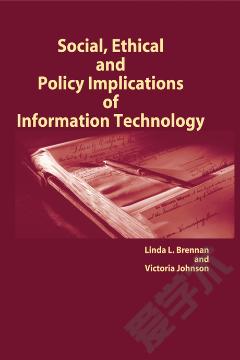Information Technology and Social Justice
The term digital divide is still used regularly to characterize the injustice associated with inequalities in access to information and communication technologies (ICTs). As the debate continues and becomes more sophisticated, more and more aspects of the distribution of ICTs are singled out as relevant to characterizations of the digital divide and of its moral status. The best way to articulate the digital divide is to relate it to other aspects of social and distributive justice, using a mixture of pre-existing theories within moral and political philosophy. These theories are complemented with contributions from sociology, communication studies, information systems, and a range of other disciplines. Information Technology and Social Justice presents conceptual frameworks for understanding and tackling digital divides. It includes information on access and skills, access and motivation, and other various levels of access. It also presents a detailed analysis of the benefits and value of access to ICTs.
{{comment.content}}








 京公网安备 11010802027623号
京公网安备 11010802027623号